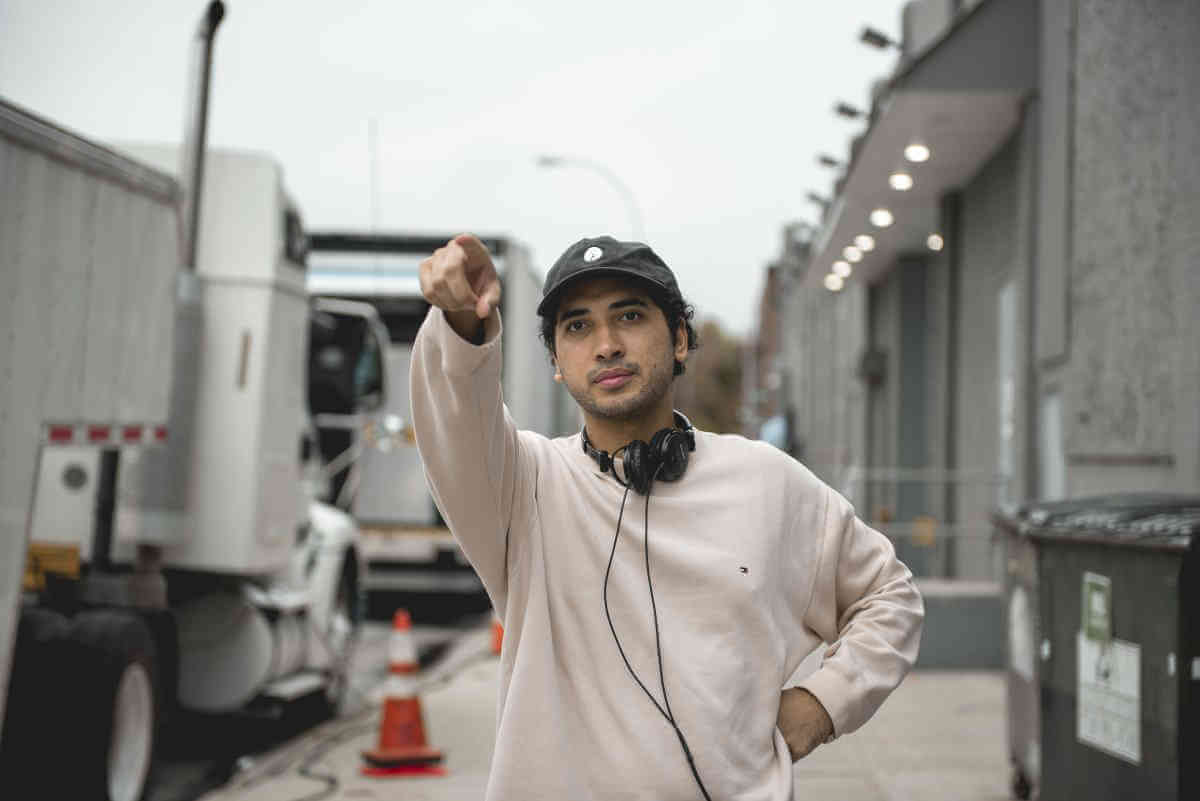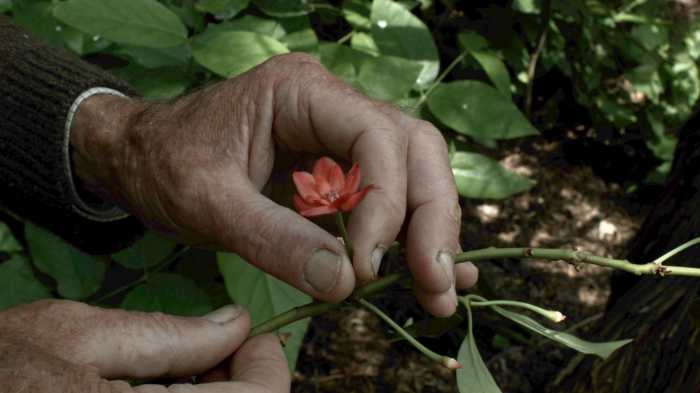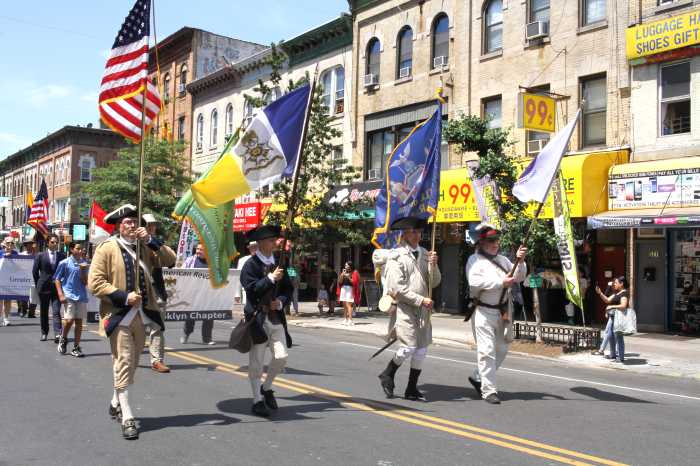Films like “The Wedding,” written and directed by Sam Abbas, often get overlooked because they are made on a shoestring with an unknown cast. But this auspicious feature debut by the Egyptian-American Abbas demands attention. It’s a gem.
This short (75-minute) drama, shot in a series of still frames — the camera never moves — features characters who say more by what remains unspoken. Abbas wisely lets viewers decide what the characters are thinking and feeling in every scene. As a result, “The Wedding” is tense and moving as it builds to its quietly powerful finale.
The story is deceptively simple. Rami (Abbas) is engaged to Sara (Nikohl Boosheri). It is unclear how long they have been together, but they are not rushing to set a date, despite discussions of where to hold the wedding and where to go on their honeymoon. Their relationship, however, may be in trouble since they are both secretly seeing other men. Sara reconnects with an old friend, Marco (John Hein), while Rami becomes intimately involved with Lee (Harry Aspinwall), an artist. He also meets Tom (James Penfold) periodically for casual sex.
Abbas, who was born in Alexandria, Egypt, and now lives in Brooklyn, said that he made “The Wedding” after he experienced dissatisfaction making his 2016 short film “Time to Come” about Rami (Abbas) deciding to come out as a queer Muslim.
“‘Time to Come’ was based on how one’s cultural and religious upbringing affects an individual, whether or not they are religious,” he explained. “I felt I had more I wanted to say — to really tell this story and how I feel about growing up in an oppressive culture.”
The filmmaker recalls once being on vacation with his family and sneaking off to a bar to grab a shot because of his family’s observance of Muslim strictures on alcohol. Rami’s actions in the film, which include slipping out to have sex with guys, come from experiencing this kind of repression.
But “The Wedding” is not a hyperventilating melodrama. Abbas has crafted a subtle, observational, voyeuristic film that encourages audience engagement. The filmmaker deliberately shoots the characters from a distance, or through doors or windows, or in ways that make viewers feel like they are eavesdropping on Rami and Sara’s lives. Or, as Abbas put it, “Watching something you’re not supposed to watch.” These scenes include Rami kissing various men and masturbating as well as a flash of nudity when Rami gets out of bed — all taboos in Muslim cinema.
In addition, the filmmaker uses a layered sound design to pick up snippets of random strangers’ conversations on the street and the subway to create a naturalistic vibe. These decisions enhance the film immensely. Watching Rami sitting on a stoop waiting and thinking about his next move is very revealing.
Abbas is also quite shrewd in how he uses conversations, such as one Sara has with her sister Hiba (Kimia Zakerin), to address issues such as virginity before marriage and therefore how premarital sex can only involve anal penetration.
In contrast, Rami is seen hooking up with Tom in one scene and basking in the afterglow of a threesome in another. Through these episodes, we watch Rami process his sexuality in light of his Muslim culture.
“Everything normal to most people is unusual to him,” Abbas observed. “I wanted Rami to come across as having this repression about what’s normal in a relationship. He hooked up with Tom before. Does every time Rami and Tom meet mean they hook up?”
Rami is clearly torn.
“The biggest thing is that Rami isn’t sure what he wants: Lee or Tom or Sara,” Abbas explained. “He’s testing all types of waters, trying to figure himself out while he has a time clock [the impending wedding] ticking.”
The film clearly suggests that both Rami and Sara believe their marriage will save them.
Abbas describes himself as sexually fluid.
“I don’t want to label myself,” he said. “I’m free and open to whatever comes to me. Sexuality is a spectrum. I don’t want to narrow myself to a point on that spectrum.”
Still, Abbas wrote, directed, and stars in a film that is extremely personal to him. The beauty of “The Wedding,” however, is that it speaks to universal experiences.
“Every character in the film is me to an extent,” Abbas confessed. “So, just by making this film I feel a weight off my shoulders. At one of my last work-in-progress screenings, the Middle Eastern individuals really identified with it — even the ones that weren’t Muslim or gay. I made a film I’m proud of and my friends enjoy. My concern is that the film is touching.”
Abbas is looking to have more Muslim queer stories told. At the Berlin Film Festival earlier this year, he launched ArabQ (pronounced Arabic) Films, and he is working with a producer in Egypt — who is unnamed, because the man is not openly gay. The company is located in Alexandria and was created to encourage more LGBTQ cinema of Middle Eastern descent.
Abbas acknowledged that anti-LGBTQ feeling exists in a large portion of the Muslim and Middle Eastern community, as well as among many Muslims in the US, but argued there is a market — a largely underground one — for Arab queer cinema. “The Wedding” has had “invite-only” screenings in the Middle East. In New York, “The Wedding” is playing in a commercial cinema — where it deserves to be seen.
THE WEDDING | Directed by Sam Abbas | ArabQ Films | Opens Dec. 14 | Cinema Village, 22 E. 12th St. | cinemavillage.com



































